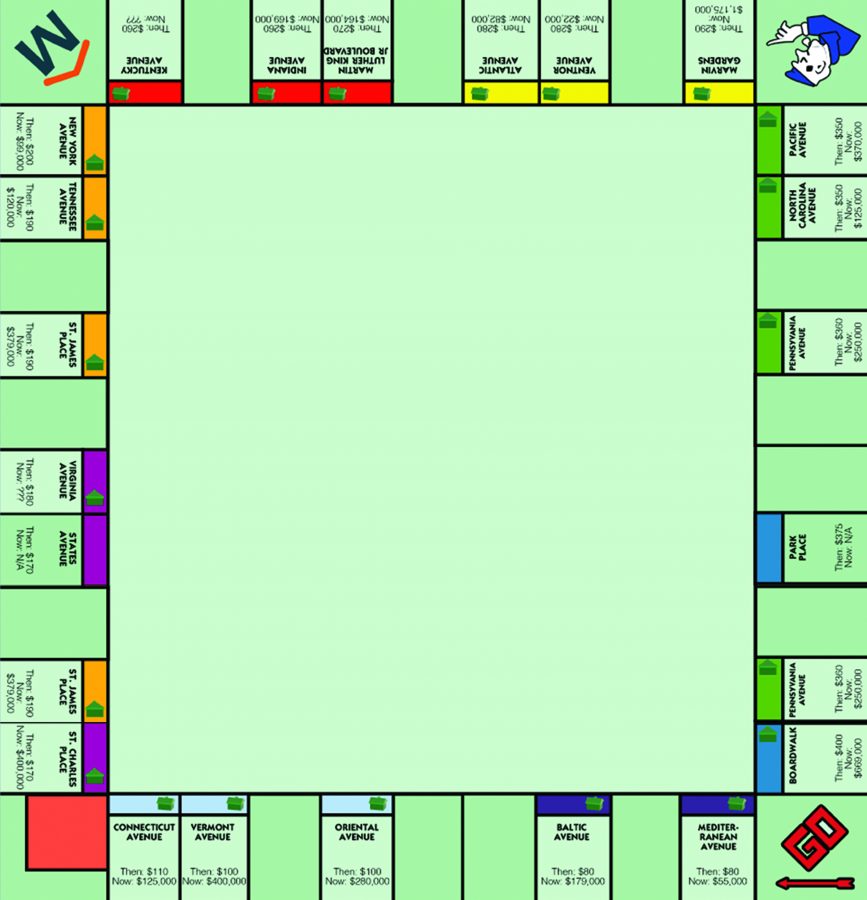Within the past few years, the gaming industry has seen major changes in consumer behavior. 10 years ago, when gamers weren’t at home playing GameCube and Xbox, they carried around PlayStation Portables or Gameboys. Today, the proliferation of the smartphone has given those gamers—and the casual gamer—access to millions of game applications, right on their phones.
This new wave of smartphone-based gaming is what troubled board game makers have set their sights on, hoping to ride the wave back into the black after years of declining sales.
Hasbro has gone to great lengths to appeal to the changing gaming market by partnering with smartphone and online gaming tycoon Zynga. An industry force to be reckoned with, Zynga boasts best-selling titles like “Words with Friends” and “Draw Something.”
The popular smartphone games are undoubtedly imitations of Hasbro originals, but instead of taking Zynga to court, Hasbro has courted Zynga in a distribution deal that seeks to bring Zynga’s versions of Hasbro’s games back on to real boards. The classic “Scrabble,” “Pictionary” and “Hungry Hungry Hippos” titles are being marketed under the new Zynga-repopularized monikers: “Words with Friends,” “Draw Something” and “FarmVille Hungry Hungry Herd,” respectively.
Dr. Vishal Lala, university marketing professor, explained “Hasbro has found itself in a world where the majority of its market is spending time on social media and deriving pleasure from playing games similar to its own on social media platforms,” adding, “It is too late for Hasbro to launch a Words with Friends type of game…because Zynga has built a solid brand name amongst [the] Millenials that Hasbro is seeking out.”
According to Dr. Lala, Hasbro faltered when it allowed Zynga’s games to overtake their board games in popularity and cultural relevance. Zynga’s imitations are different enough from the Hasbro originals that there is no case for copyright infringement, legally. “Hasbro is now doing the sensible thing of conceding to these online platforms and ‘friending’ them rather than ‘fighting’ them,” said Dr. Lala. “By buying brand license rights, Hasbro now has a chance of succeeding in the new Web 2.0.”
Dr. Randi Priluck, professor of Social Media & Mobile Marketing and Advertising classes at the university, said that the strategy Hasbro is implementing—called co-branding—has been used by brands before. Dr. Priluck’s 1997 paper “Co-branding in advertising: developing effective associations” specifically described how “marketers have begun to pair their…brands with existing brands that have powerful images attached to them in the hopes of linking these positive images with their products.”
The news of the Hasbro-Zynga collaboration garnered mixed reactions. Graduate student Caroline Acebo understood why Hasbro would have to team up with Zynga, saying, “I guess I can appreciate the marketing strategy…I don’t think that kids that were born in 1996 have that memory of the [old Hasbro] games.”
But while Acebo appreciated the new versions of the board games, others met the news with less enthusiasm.
Jake Jackson, a University album, joked, “There’s a lot of face-palming that I want to do over this,” adding, “That’s just ridiculous. I don’t know what to make of this new world.”
Dr. Lala, however, sees the change as a necessary evolution for Hasbro. “Board games have been on the decline for the last decade and a half because their primary audience moved over to playing video games, then online gaming and now social media gaming.”
Even with the co-branding strategy, however, it seems unlikely that the board game market will survive for long.
While he warned that it would be impossible to evaluate the potential success of the co-branding without seeing prior sales data, Dr. Priluck said the success would indeed be hard-fought. “Consumers typically develop a set of associations around a brand,” said Dr. Priluck, “Words with Friends means ‘digital app’ to people, while Scrabble is a board game. Brands can change these associations, but it is difficult and time consuming.”
The question of the board games’ viability in a fast-changing world still remained. It’s hard to imagine a future where children would choose to play with a dusty board game rather than fire up an Apple iPad or Microsoft Surface tablet. Dr. Lala wasn’t convinced of the co-branding strategy’s longevity, pronouncing, “The future of Scrabble and Scrabble-like board games is pretty dark.”

